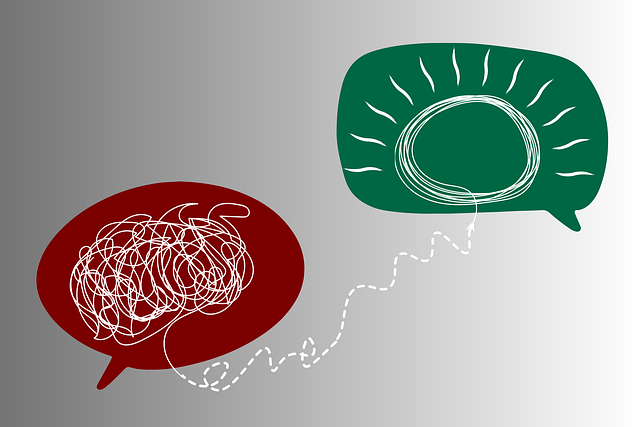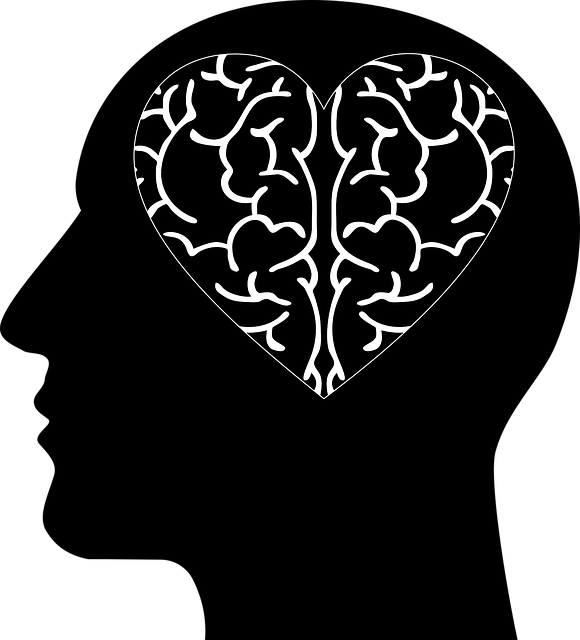Wheat Ridge Acceptance and Commitment Therapy (ACT) is a Colorado-based therapeutic approach that focuses on acceptance, mindfulness, and cognitive reframing to enhance psychological flexibility. Their Resilience, Flexibility, and Mindfulness (RFM) techniques empower individuals to adapt to change, align actions with values, reduce negative emotions and behaviors, and build resilience against life's challenges. Through personalized sessions combining evidence-based practices and person-centered care, ACT prepares clients for depression prevention, enhances overall well-being, and fosters healthier coping mechanisms, benefiting both clients and healthcare providers.
Discover the power of Wheat Ridge Acceptance and Commitment Therapy (RFM) for building resilience. This therapeutic approach equips individuals with the skills to navigate life’s challenges with greater adaptability. By understanding RFM’s core principles, preparing appropriately, and implementing its practical techniques, you can foster resilience and enhance well-being. Learn how RFM helps individuals break free from limiting patterns and embrace a more fulfilling life.
- Understanding Wheat Ridge Acceptance and Commitment Therapy (RFM)
- Preparing for Resilience Building Exercises
- Implementing RFM Techniques in Practice
Understanding Wheat Ridge Acceptance and Commitment Therapy (RFM)

Wheat Ridge Acceptance and Commitment Therapy (RFM) is a therapeutic approach that emphasizes the importance of acceptance and commitment to lead a meaningful life. This therapy, named after its origin in Wheat Ridge, Colorado, focuses on helping individuals increase their psychological flexibility, or the ability to adapt flexibly to changing circumstances. By fostering self-esteem improvement and stress reduction methods, RFM encourages people to align their actions with personal values, leading to greater satisfaction and well-being.
Designed for mental health education programs, RFM incorporates mindfulness techniques and cognitive reframing to challenge unhelpful thought patterns. It aims to reduce the impact of negative emotions and behaviors by promoting a more balanced perspective. Through this process, individuals gain the tools to navigate life’s challenges with resilience, enhancing their overall mental health and quality of life.
Preparing for Resilience Building Exercises

Preparing for resilience building exercises is a vital step in fostering mental well-being and reducing the impact of mental illness. At Wheat Ridge Acceptance and Commitment Therapy (ACT), we understand that building resilience is a crucial component of overcoming life’s challenges, especially when navigating the complexities of mental health issues. Our approach focuses on empowering individuals to embrace their experiences and develop coping strategies that enhance overall resilience.
Through our Community Outreach Program Implementation, we aim to reach a diverse range of audiences, focusing on Depression Prevention as a key concern. By engaging in these exercises, participants learn to acknowledge and accept their emotions, thoughts, and behaviors without judgment. This process helps break down the barriers created by the Mental Illness Stigma Reduction Efforts, allowing individuals to develop a more adaptive mindset. The preparation phase involves setting realistic goals, learning mindfulness techniques, and building a supportive network—all essential tools for navigating the challenges that lie ahead.
Implementing RFM Techniques in Practice

Implementing RFM (Resilience, Flexibility, and Mindfulness) techniques in practice involves a multifaceted approach tailored to individual needs. At Wheat Ridge Acceptance and Commitment Therapy (ACT), professionals integrate these strategies into therapeutic sessions, focusing on cultivating resilience as a core component of mental well-being. By combining evidence-based practices with a person-centered approach, RFM exercises become powerful tools for enhancing adaptability in the face of life’s challenges, including Burnout Prevention Strategies for Healthcare Providers and Stress Reduction Methods.
Through these techniques, individuals learn to develop a flexible mindset, effectively managing mood fluctuations and promoting better emotional regulation. Mindfulness practices, a key aspect of ACT, encourage present-moment awareness, helping individuals disengage from negative thought patterns and reduce rumination. This not only prevents Burnout Prevention Strategies for Healthcare Providers but also fosters healthier coping mechanisms, ultimately enhancing overall Mood Management.
Wheat Ridge Acceptance and Commitment Therapy (RFM) offers a powerful framework for building resilience through structured exercises. By preparing adequately, therapists can effectively implement RFM techniques in practice, empowering individuals to navigate life’s challenges with greater flexibility and well-being. These exercises not only enhance self-awareness but also foster a deeper connection between mind and body, making them valuable tools for personal growth and improved mental health outcomes.














